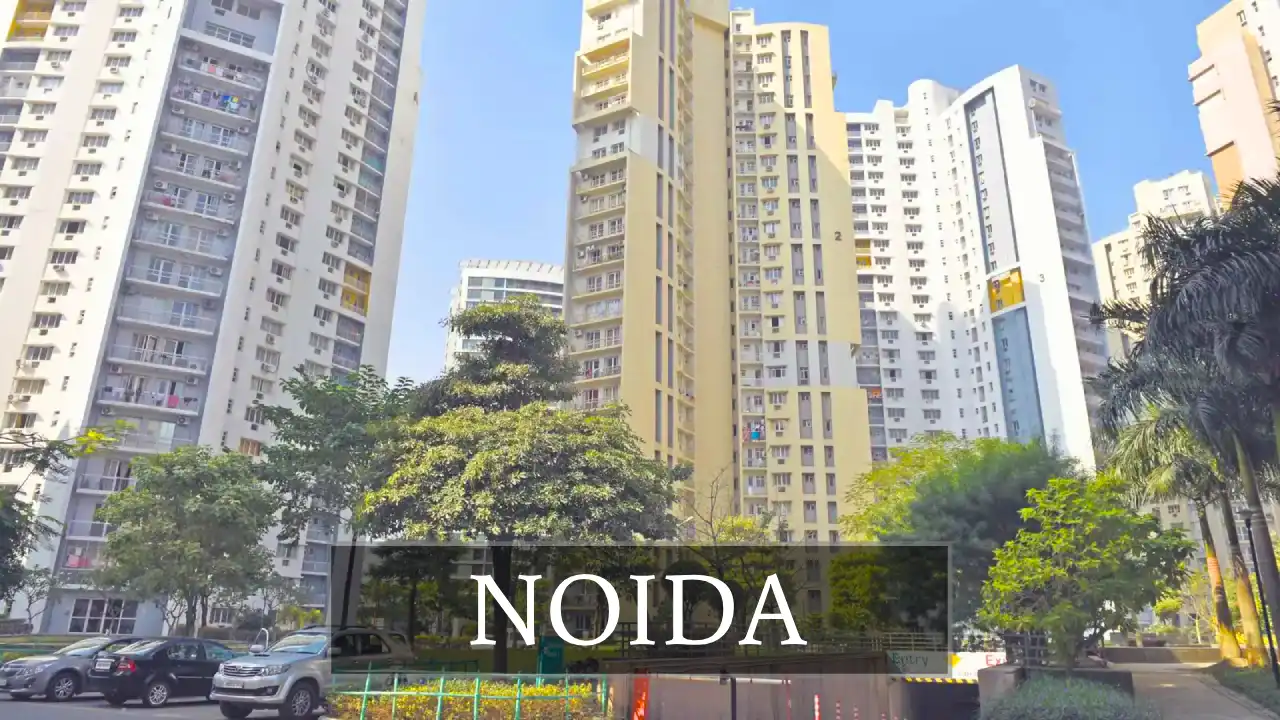Learn about Noida’s plan to open more sub-registrar offices, reducing property registration delays. Get insights into the initiative’s impact on paperwork processing.
District Administration’s Expansion Plan:
In response to the mounting paperwork for property registrations, the district administration in Noida has outlined a strategic plan. Currently, six sub-registrar offices in the region are burdened with an excess of property-related documents. To tackle this issue, the administration aims to establish two additional sub-registrar offices in Greater Noida and Dadri. This proactive initiative is designed to alleviate the workload on existing offices and expedite property registration processes.
Addressing Overburdened Offices:
At present, each sub-registrar office processes an average of 60 to 70 properties daily. However, the existing Dadri office handles over 200 registries daily, while Greater Noida manages more than 150. The resulting congestion not only prolongs property registration waiting times but also hampers proper scrutiny of documents due to the workload.
Streamlining Documentation Processes:
To enhance efficiency, the department plans to augment the sub-registrar offices’ helpdesk staff. By providing better assistance to the public, this step aims to streamline the documentation process and ensure that paperwork is completed accurately and promptly.
Significance of Property Registration:
Sub-registrar offices, overseen by the revenue department, play a vital role in registering properties, deeds, and substantial gifts. Property registration generates significant revenue for the government, primarily through stamp duty charges. In the 2022-23 financial year, Gautam Budh Nagar witnessed the registration of 1.4 lakh properties, including plots, generating an impressive Rs 3,018 crore in stamp duty and registration fees. This underscores the importance of efficient registration processes in facilitating both administrative and financial aspects for the region.
